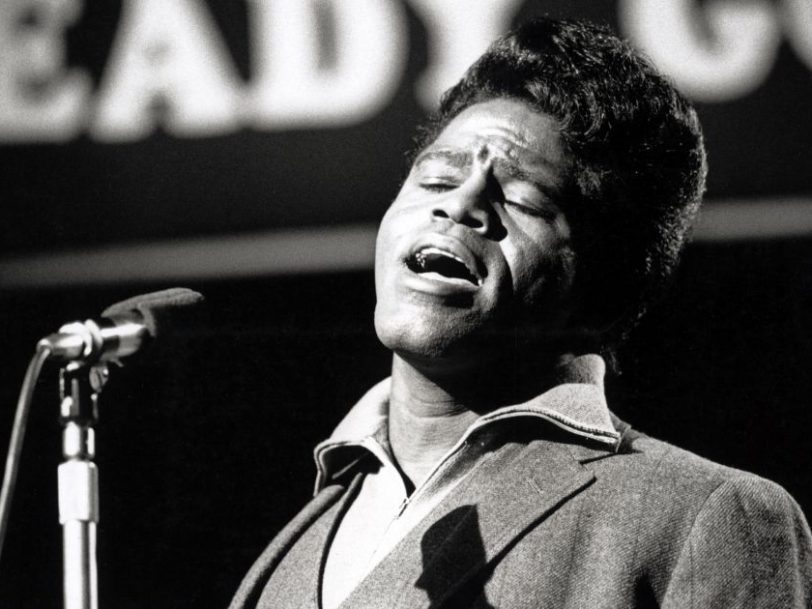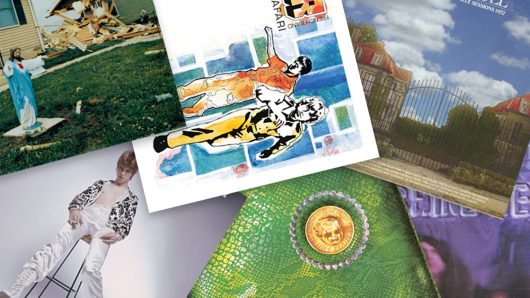Nobody quite knows where soul music started or where its borders lie. But it’s been touching hearts, minds and feet for decades. Looking to define the best soul albums of all time, we’ve settled on 20 fabulous, highly varied records any soul fan should own.
Listen to our Soul playlist here, and check out our best soul albums, below.
20: Leroy Hutson: ‘Hutson’ (1975)
The third album from Leroy Hutson was not a hit. But those who know it, adore it. Hutson was a college roommate of Donny Hathaway, and was soon so well regarded on the early 70s Chicago scene that he replaced Curtis Mayfield in The Impressions. His production work for Voices Of East Harlem, Linda Clifford and Natural Four was acclaimed but did not make anybody rich. Best of all is his solo material: it’s elegant, melodic, full of heartfelt songs, wonderful vocals and an effortlessly kicking bottom end for dancefloor utility. Hutson’s opening cut, All Because Of You, the delicious groove of Lucky Fellow, the shimmering It’s Different, the silken So Much Love – this record is bliss. The instrumental Cool Out is the definition of mellow fusion, built for summer evenings. A generation of discerning British youth grew up trying to find this album after dancing to its treasures at rare-groove nights. They have good taste. Turn off your stress, turn up the volume and soak up Hutson.
Must hear: Lucky Fellow




